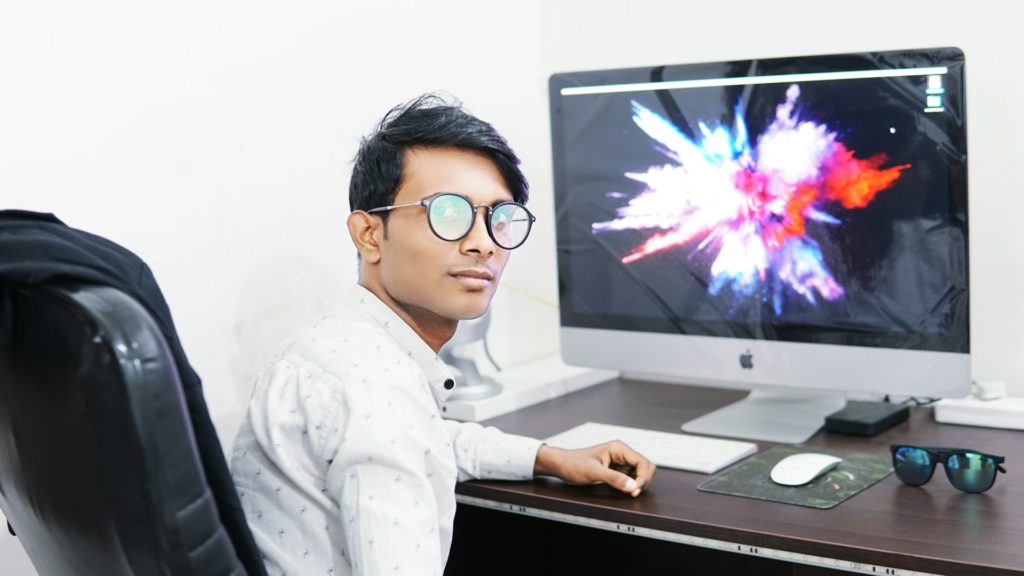The rise of artificial intelligence in the workplace has sparked both excitement and fear. Headlines warn that “AI is coming for your job,” playing on a fear of becoming jobless. But in reality, we won’t see thousands of people with cardboard signs “Will work for food because AI took my 6-figure salary”. Jobs are not vanishing overnight, but they are evolving so we who use AI do. It’s not AI versus you; it’s you with AI versus you without it.
Industry experts say that AI itself isn’t outright replacing talent, it’s making the progress of talented people faster. But is it exactly true?
AI is Here to Help, Not Replace You?
One industry expert once said that generative AI is a skill amplifier and not a skill replacer. Rather than making human expertise worthless, AI empowers humanity with new skills and better performance. You can say that it handles all the heavy lifting for you on all routine tasks that everybody doesn’t want to spend time on. Many of these tasks are exactly what AI is starting to take over. But that means tasks are being automated, not entire jobs. The real danger isn’t that an AI will take your job; it’s that if you refuse to adapt, someone else who embraces AI will step in and outpace you. It’s just like personal computers that disrupted the industries and careers of people who refused to do their job the new way with using PCs.
Work WILL change when humans team up with AI. That’s definitely a long trend that is here to stay. An AI can go through data, draft some content or generate a couple of design concepts in a fraction of the time like they do in 777 bet. But this doesn’t replace the need for human judgment and creativity. The human presence is still crucial for adding a personal touch. So those who learn to collaborate with AI can accomplish more tasks and do it much faster than those doing everything manually.
AI in Customer Service
Customer service is another area where individuals using AI are outperforming those who don’t. We’re already seeing this in practice.Using AI in service doesn’t remove the “personal touch”, it enhances it. AI handles the simple questions so that human reps have more time and energy for the tough ones. As one business put it, “AI doesn’t replace your team – it makes them stronger,” allowing people to spend more time solving complex problems and building genuine customers.
Many AI customer service platforms require no coding to set up and can be integrated into a website or chat system with easelinkedin.com. Companies are adopting AI-driven chatbots from basic FAQ bots to advanced virtual agents that can understand natural language. The support agents who learn to work alongside these AI tools can serve many more customers in the same amount of time, compared to those doing everything manually. Once again, AI isn’t taking over the job completely, it’s changing the job so that one AI-augmented person can outperform several traditional ones.
AI in Programming
Will AI replace programmers? Highly unlikely! In software development, it’s increasingly true that “developers using AI will replace those who don’t.” Coding was once a purely manual craft, but AI-powered coding assistants are now supercharging programmers’ abilities. Take GitHub Copilot, an AI pair programmer that suggests lines or blocks of code as you type. Developers who have used such tools are already coding faster and smarter than those writing everything by hand. In fact, GitHub’s research found that using AI assistance can help developers code up to 55% faster, and 85% of developers reported feeling more confident in the quality of their code when using the AI helper. That means an engineer who uses AI might finish in a day what another engineer takes two days to do, with fewer bugs.
The adoption of AI in programming has been rapid. By 2024, more than 50,000 organizations had already adopted GitHub Copilot to boost their software teams’ productivity. A programmer who ignores these tools might soon find it hard to compete with peers who use AI to automate tedious parts of the job.
AI And Creativity
AI is not replacing the creativity of designers – it makes it better! Studies show that a majority of designers feel AI is saving them time and enabling more creativity by handling the mundane parts of the job. Companies like Airbnb and Netflix already use AI to personalize design elements at scale. Far from making designers obsolete, this actually increases the demand for designers who can direct and curate AI outputs.
A recent Deloitte study found that many business leaders see AI freeing up workers to be more creative, not less. In design, as in other fields, it’s likely that “AI won’t replace designers, but designers will be replaced by others who embrace AI.” In fact, designers are explicitly being told to upskill and learn these new tools, because those who do will replace those who don’t
Adapting to The Age of AI
AI technologies will undoubtedly continue advancing, but the pattern we see now will likely hold: they are powerful amplifiers of human ability. Do not fear that AI will make your skills irrelevant, the better mindset is to learn how to make AI part of your daily skillset. Here are a few ways to include AI into your daily routine tasks:
- Test new AI tools and make sure you know at least the most well-established AI tools in each of your field. What seemed impossible last year might be a routine task today.
- Learn the basics of how AI works in your field: who uses it, how and for what? Train yourself to come up with detailed and precise prompts.
- Don’t spend time on tasks that could be automated. Use AI to automate everything from checking and summarizing emails, checking code for errors or sorting data. You can spend half a day doing what an AI can do in 10 seconds.
- Double down on the elements that AI cannot replicate well: empathy, critical thinking and ethical judgment. These become more valuable when AI will be here and there.











